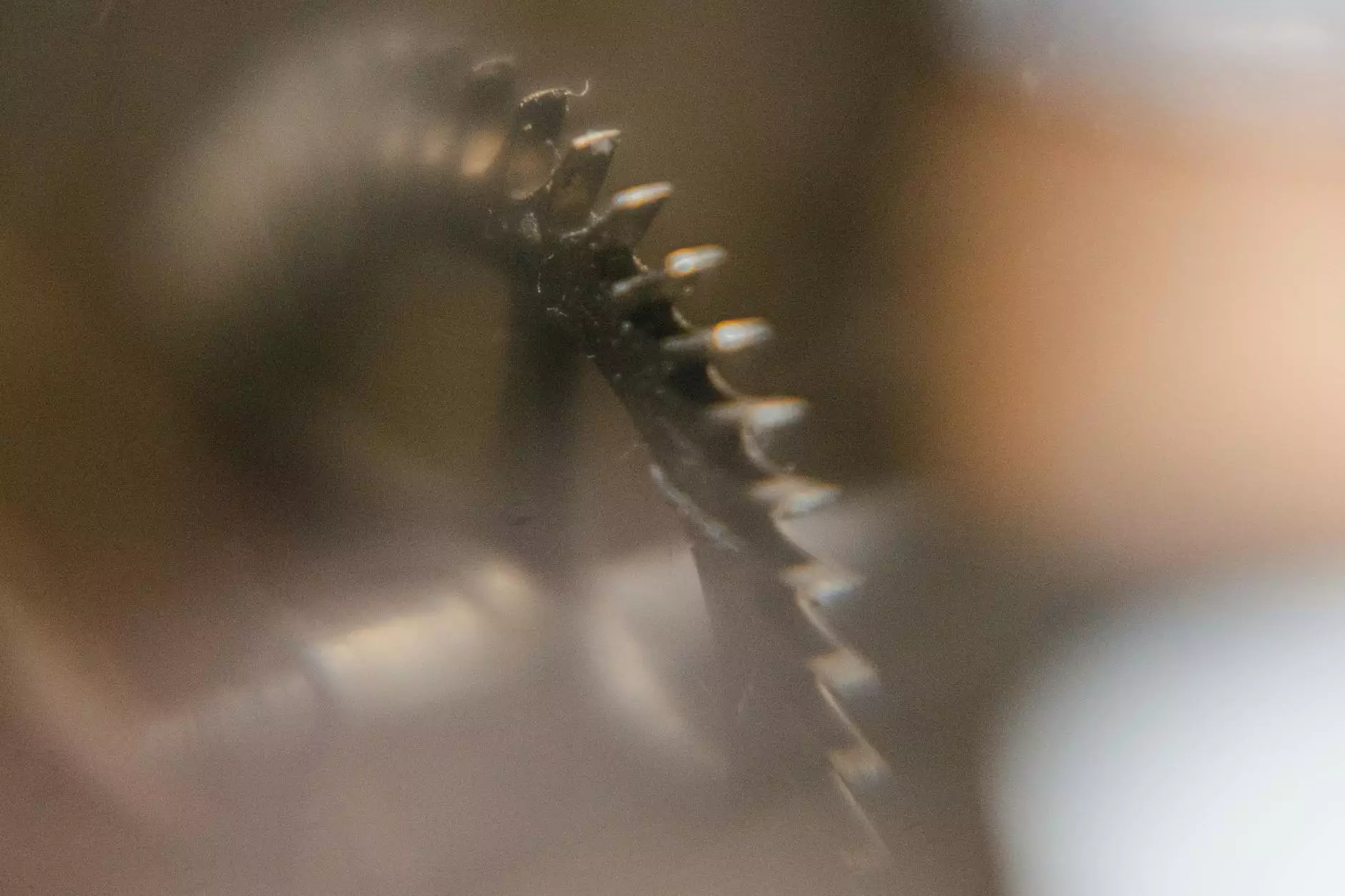Understanding Ferrule Pipe Fitting and Its Importance in Industrial Applications

The world of plumbing and pipe fittings is vast and intricate, with a myriad of components designed to facilitate seamless fluid movement. Among these, ferrule pipe fittings stand out due to their reliability and efficiency in various applications. This article explores everything you need to know about ferrule pipe fittings, their types, advantages, and applications in different sectors.
What is a Ferrule Pipe Fitting?
A ferrule pipe fitting is a specific type of connector used to join two or more pipes together. Its design typically includes a circular ring that helps to achieve a tight seal, or it can be a segmented ring that compresses against the pipe when a nut is tightened. This creates a secure fitting that can withstand high pressures and prevent leaks, making it a popular choice in a variety of industrial settings.
Types of Ferrule Pipe Fittings
Ferrule fittings come in several types, each designed for particular uses and environments. Below are the primary types:
- Single Ferrule Fittings: These fittings contain a single ferrule that compresses against the pipe, providing a secure and leak-proof connection. Ideal for less demanding applications.
- Double Ferrule Fittings: Double ferrule pipe fittings use two ferrules, offering increased grip and stability. They are ideal for high-pressure and high-temperature applications, ensuring maximum sealing performance.
- NPT Fittings: National Pipe Tapered (NPT) fittings incorporate a tapered thread design that seals both the female and male threads tightly. This design prevents leaks effectively.
- Tube Fittings: These fittings are used to connect tubes without welding. They provide flexibility in layout and can easily be disassembled and reassembled without damage.
Applications of Ferrule Pipe Fittings
Ferrule pipe fittings are widely used across various industries due to their versatility and robustness. Here are some of the most prevalent applications:
- Oil and Gas Industry: Ferrule fittings' high-pressure capabilities make them crucial for connecting pipelines in the oil and gas sector. They help prevent leaks and ensure safe transportation of fluids.
- Chemical Processing: In chemical manufacturing, ferrule fittings are utilized to connect tubing and piping carrying corrosive substances. Their ability to withstand harsh conditions is essential here.
- Water Treatment Facilities: These fittings are vital in ensuring a secure and leak-proof connection in water treatment systems, aiding in safe drinking water supply.
- Pharmaceuticals: The strict cleanliness and efficiency requirements in pharmaceuticals mandate the use of ferrule fittings that prevent contamination.
Benefits of Using Ferrule Pipe Fittings
Choosing ferrule pipe fittings offers a range of benefits, making them a preferred choice for many professionals. Here are some key advantages:
- Leak-Proof Connections: The primary benefit of ferrule fittings is their ability to create robust, leak-proof connections, crucial for safety in high-pressure applications.
- Easy Installation: These fittings are designed for straightforward installation, reducing labor time and costs significantly.
- Diverse Applications: They can be used in various industries—from food processing to aerospace—making them a versatile choice.
- Cost-Effectiveness: The longevity and reliability of ferrule fittings can reduce maintenance costs and downtime, leading to overall cost savings.
Choosing the Right Ferrule Pipe Fitting
When selecting the appropriate ferrule pipe fitting, several factors should be considered:
- Material Compatibility: Ensure the material of the ferrule is compatible with the pipes and fluids being transported to prevent corrosion and degradation.
- Pressure Rating: Different fittings have varying pressure ratings. Choose the one that meets or exceeds the requirements of your application.
- Temperature Rating: Verify that the fittings can withstand the operating temperatures expected in your application.
- Type of Connection: Consider the connection type—whether threaded, welded, or compression—based on your piping system's configuration.
Ferrule Fittings vs. Other Types of Fittings
Understanding how ferrule fittings compare with other types can help in making informed decisions:
Ferrule Fittings vs. Welded Fittings
While welded fittings create a permanent bond, ferrule fittings allow for easier disassembly and reassembly, which is advantageous in maintenance-heavy applications.
Ferrule Fittings vs. Threaded Fittings
Threaded fittings can sometimes lead to leaks due to wear and tear over time. Ferrule fittings, on the other hand, offer a robust solution that minimizes such risks with proper installation.
Maintenance of Ferrule Pipe Fittings
To ensure the longevity and effectiveness of ferrule fittings, regular maintenance is essential. Here are some maintenance tips:
- Regular Inspections: Check for any visible signs of wear, corrosion, or leaks regularly.
- Tightening Connections: Ensure all connections are adequately tightened, especially after installation or any maintenance work.
- Replacement of Worn Parts: If any fitting shows signs of degradation, replace it promptly to avoid future issues.
Conclusion
In summary, ferrule pipe fittings are crucial components in the realm of piping systems. Their exceptional sealing capabilities, versatility, and ease of installation make them indispensable across various industries. By understanding the different types, applications, and benefits of ferrule fittings, professionals can make informed choices that enhance the efficiency and reliability of their systems.
For more information on quality ferrule pipe fittings and other related products, visit Tech Tubes, your one-stop destination for all tube fitting solutions.









